The Hopkinton School Committee on Thursday voted unanimously to “reaffirm” support of the $60.1 million fiscal year 2024 budget it originally passed on Jan. 19.
Superintendent Carol Cavanaugh reviewed the process thus far, noting the proposal began as an 8.3 percent increase over FY23. Next, the Select Board on Feb. 28 asked that the budget be reduced to a 5.1 percent increase, or $1.7 million.
Cavanaugh said administrators met and came up with a list of what a budget would look like minus $1.7 million. However, more recently, Town Manager Norman Khumalo put forth a proposal reflecting a 7.7 percent increase for the schools, which translates to a $350,000 reduction.
On Monday, administrators, principals and directors met again to come up with a budget with the $350,000 reduction. In it is a reduction of two technology integration specialists to save $120,000. Cavanaugh noted that remaining would be 0.6 (full-time equivalent) position and that individual could teach computer science.
Also on the list were reductions for newly requested part-time positions in business/technology/engineering and fine arts to save $45,000, as well as one-time purchases like furniture, shelving, maps, tuba and textbooks to create a $70,000 reduction.
Finally, she said Assistant Superintendent Jeffrey LaBroad wrote and submitted a grant for Student Opportunity Act funds. If fully approved, the district could use the $110,000 to keep “student-facing positions.”
Select Board forwards its budget
On Tuesday, the Select Board voted to forward a budget to the Appropriation Committee that includes the $235,000 in reductions for the schools. Select Board member Shahidul Mannan suggested it should be with the caveat that if the district doesn’t get the grant, that money would come out of contributions to the stabilization and OPEB (other post-retirement benefit) funds.
School Committee members offered support of the items affected by a $235,000 reduction (if the grant is received) or a $350,000 decrease if it is not.
Member Lya Batlle-Rafferty said she opposed the technology specialists’ eliminations and reductions in the business/technology/engineering area.
She talked about the importance of students getting exposure in these fields, which offer top-salary jobs.
More slots asked at VHS
Carol Cavanaugh noted the district pays for 80 seats at Virtual High School (VHS) and because of loss of in-person hours, they would be asking for more sections in that alternative.
Vice chair Amanda Fargiano said she believed computer science should be like other sciences and in the curriculum for all students.
Chair Nancy Cavanaugh noted that VHS predates the pandemic and is used by students who, for example, can’t fit a certain class into their schedules or want courses that can’t be offered because of enrollment numbers.
“Asking VHS to open more sections of this because we can’t afford a teacher … that’s a bummer,” Nancy Cavanaugh said. “It’s a disgrace and embarrassment.”
Fargiano spoke about the importance of fine arts classes for kids, “a place to exhale and express themselves.” Even more in a post-pandemic atmosphere, she said it is important to provide “an inclusive, welcome place where students feel they belong.”
Fargiano said there is discretion in how much can be put in the stabilization and OPEB funds. “How is this the year to say no?” she asked. She reiterated Mannan’s point that the budget showed a proposed 98 percent hike in the contribution to OPEB ($400,000 last year to nearly double that in FY24).
She said a still-substantial amount could be contributed while “prioritizing what our kids need.”
Member Holly Morand said she is concerned how the district can sustain excellence when its per-pupil expenditures fall in the bottom 25 percent of the state in a half-dozen categories and bottom 50 percent in the others, with one exception.
Member Jenn Devlin reiterated that she stands by the budget passed in January. “If the grant comes through, we could eliminate that [amount], the one thing where I’m willing to bend.”
Collaboration ‘broken’
Morand said having all of this information “brought to light” over the last week or so was a “chaotic way to make decisions” and non-collaborative.
Nancy Cavanaugh said collaboration usually exists but was broken this year.
During opportunities for collaboration, she said, there was no signal or red flag of “we don’t think this is going to work.” She added, “Doing things last minute feels terrible.”
Earlier in the meeting, members talked about current enrollment outpacing projections by more than 100 students so far this year.
Batlle-Rafferty mentioned the possibility of high-density housing coming to Hopkinton and, with it, the reality of a high influx of students. “It’s untenable. We couldn’t handle a sudden influx” of hundreds of students.


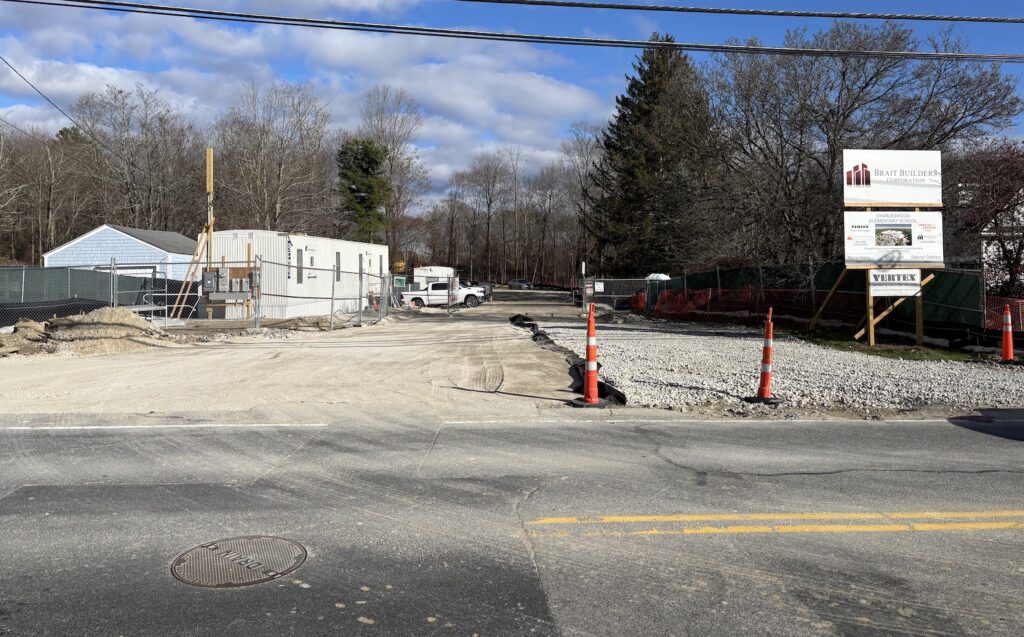
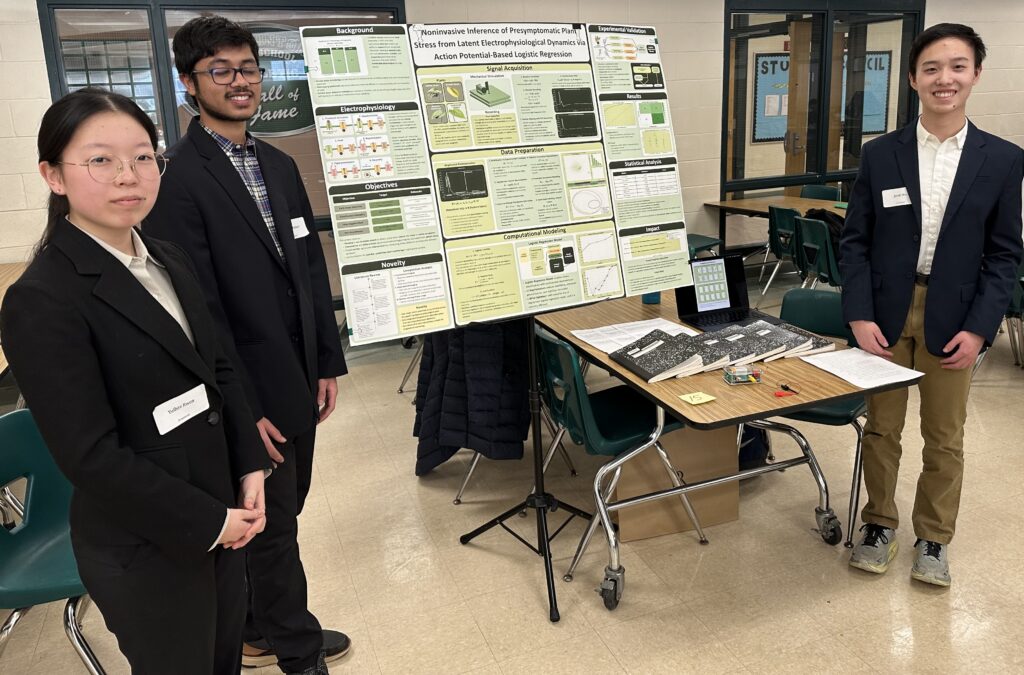
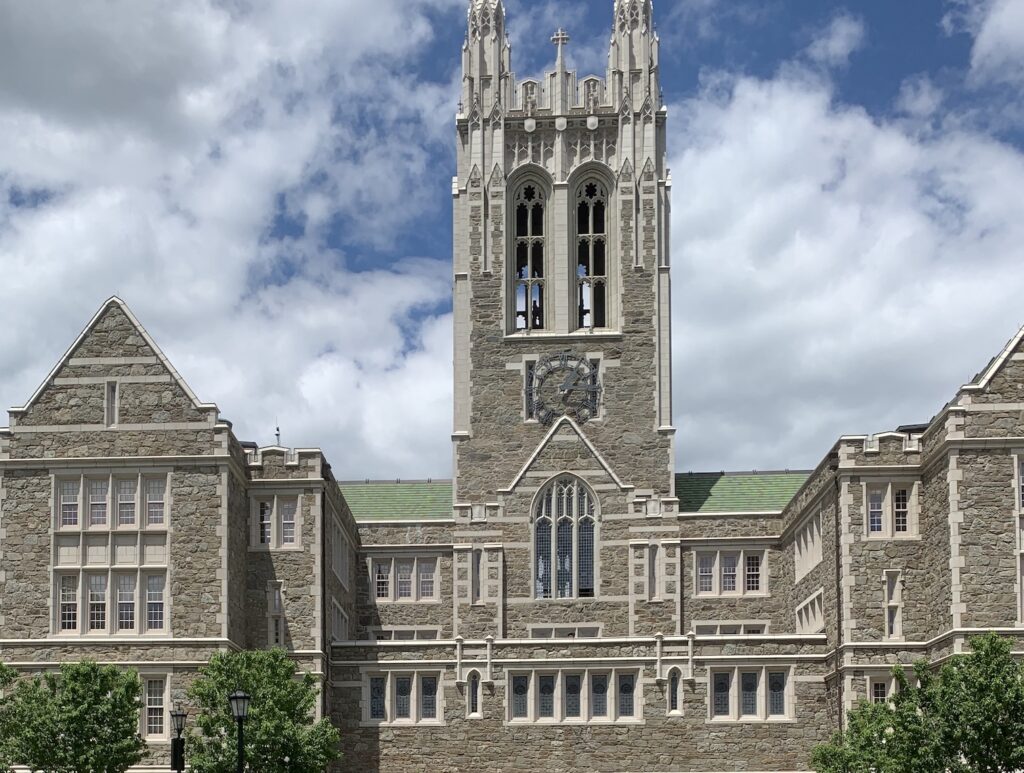
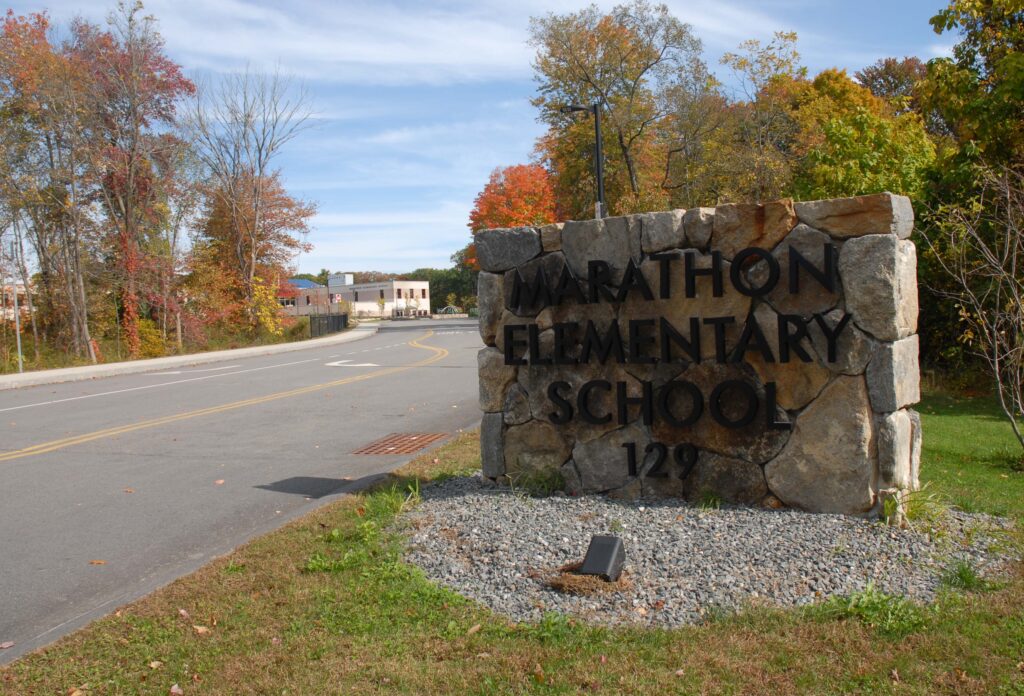
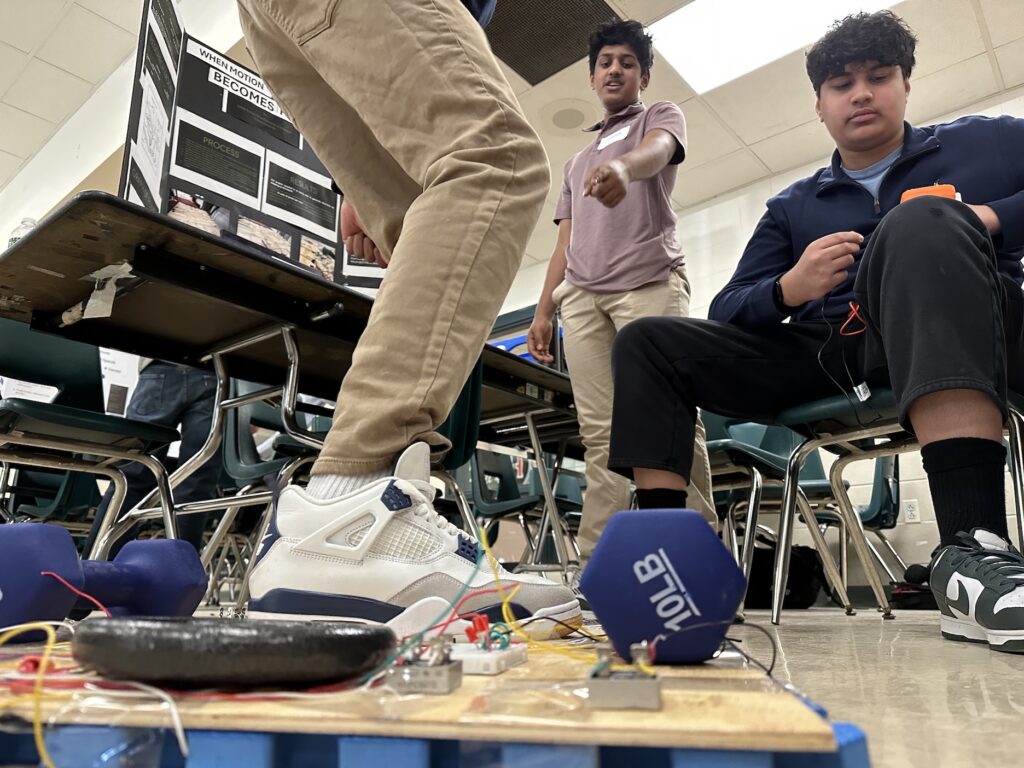
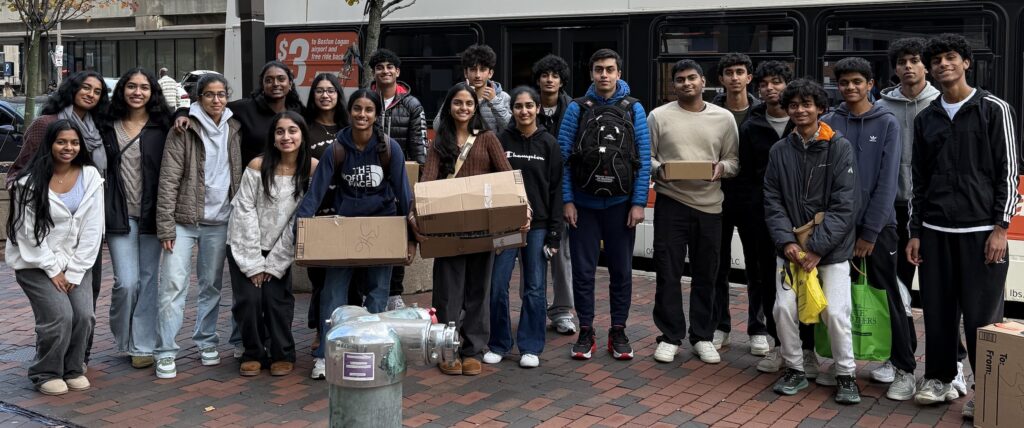













There is so much more that goes into municipal finance than schools. What they are asking for is completely irresponsible. A budget has to be balanced and all of the $ can’t go to the schools. To not be willing to compromise at all is what is disgraceful.